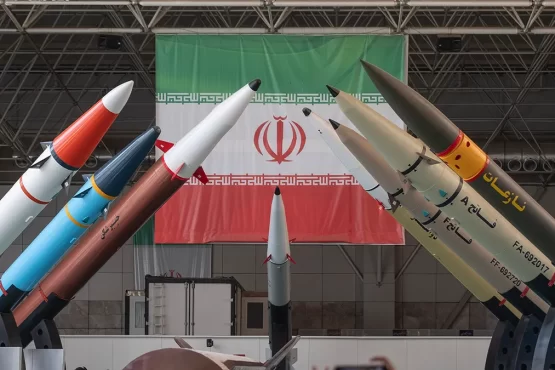The Biden administration has formally notified Congress of its intention to transfer $1 billion worth of weapons to Israel, a congressional aide confirmed to CBS News on Tuesday. The proposed transfer, which requires congressional approval, comes amid ongoing tensions and a rapidly evolving situation in the region.
The Wall Street Journal was the first to report the news of the administration’s plans to provide substantial military assistance to Israel. The move follows recent developments in which the U.S. temporarily withheld shipments of certain munitions to Israel and President Biden’s comments in a CNN interview, where he indicated that the U.S. would further restrict weapons shipments if Israel expanded its ground offensive to include civilian population centers in the southern Gaza city of Rafah.

National Security Adviser Jake Sullivan addressed the issue on Monday, stating, “We are continuing to send military assistance, and we will ensure that Israel receives the full amount provided in the supplemental.” Sullivan was referring to a recently signed funding package that includes approximately $14 billion earmarked for Israel’s defense.
Last month, Congress passed a comprehensive $95 billion foreign aid bill that allocated military aid to Israel, Ukraine, and Taiwan. The House is expected to vote this week on a measure that would mandate the State Department and the Defense Department to carry out the “prompt delivery” of military equipment. However, the White House has indicated that it will veto the legislation, although the bill is considered unlikely to pass the Senate.

The proposed $1 billion weapons transfer to Israel has drawn attention and scrutiny from various quarters, with some expressing support for Israel’s defense needs while others raise concerns about the potential impact on the ongoing conflict and civilian populations in the region.
As the situation continues to unfold, the Biden administration’s decision to seek congressional approval for the weapons transfer highlights the complex geopolitical dynamics at play and the delicate balance the U.S. seeks to maintain in its support for Israel while also addressing concerns about the escalation of violence and its impact on civilians.

The congressional review process will provide an opportunity for lawmakers to assess the proposed transfer and its implications, taking into account the current situation on the ground and the broader strategic interests of the United States in the region.
As the debate surrounding the weapons transfer unfolds, it is likely to generate significant attention and discussion among policymakers, experts, and the public, as the international community grapples with the challenges of promoting stability, security, and peace in a complex and volatile region.










